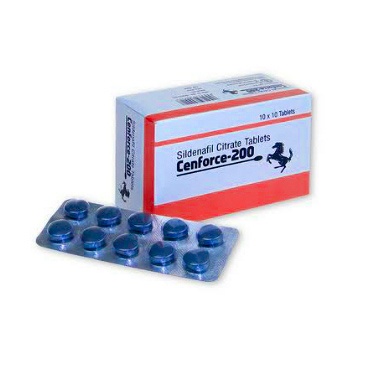Protein, fat, and carbohydrate are three macronutrients that compose all food items. Each is vital to your pet’s health. Macronutrients need to break down into smaller pieces that the body utilizes to power itself. The process begins by chewing, which causes your body’s digestive enzymes to be released to the stomach, mouth, and intestines. Digestive enzymes come into three forms: proteases that break down proteins, lipases to absorb oils, and amylases that digest carbohydrates.
The dogs produce enough of their own digestive enzymes when they’re old enough to be weaned off of their mother’s milk. Additionally, they get enzymes from food, specifically any vegetables and fruits that you can feed them. If your dog doesn’t have specific diseases, it is unlikely that he requires supplements for enzymes. If the digestion of your pet isn’t quite as perfect, there are actions you can take to aid in improving it. You can give them the best food for digestive health.

Treating Digestive Upsets in Dogs
If your dog has occasional digestive issues, it may require some assistance. The mantra “first, do no harm” applies to pet owners who perform home remedies. If your dog’s upset with digestion is not severe enough to require medical attention treatment, it shouldn’t be a risk.
But, diarrhea that lasts longer than 24 hours and has a correlation with changes in the behavior of your dog is an actual medical issue, and you must consult your veterinarian immediately. If your dog occasionally has loose stool, then home remedies could be a good option. Before you begin to think about digestive enzymes, you have a number of solutions to regulate digestive function that is secure and cheap.
Additional Fiber
If your dog’s upset with his intestine isn’t due to altering or adding food, supplementing with fiber is the ideal first treatment. A teaspoon or two cans of pumpkin added every day to your dog’s food is healthy and safe.
Fiber is an effective prebiotic or “non-digestible food ingredient that promotes the growth of beneficial microorganisms in the intestines.” Many vegetables and fruits are rich in fiber, such as deep-colored greens with dark leaves, sweet potatoes, and carrots. It is recommended to feed your dog a fibrous diet instead of a supplement to fiber without veterinary oversight.
Probiotics
Probiotics can be another alternative to treat occasional digestive upsets. It is recommended to select the right probiotic specifically for the needs of your dog. The use of a human-based probiotic for dogs can cause digestive issues.
Vitamin Supplements
Vitamins are crucial digestive co-factors. A co-factor is a substance that is necessary for the functioning of an enzyme. One vitamin which is linked to improved digestibility is B12. B12 is administered as injectable by your vet.
Multivitamin
If your dog’s food isn’t designed to satisfy his nutritional requirements, he could benefit from taking a multivitamin. It is the best food for digestive health. If you cook at home for your pet, it is a challenge and even impossible to balance the micronutrients like minerals and vitamins that your dog requires. Vitamin supplements may assist in filling in the gaps and help improve the health of your dog. Consult your veterinarian about what food is appropriate for your dog’s digestive health and age status.




